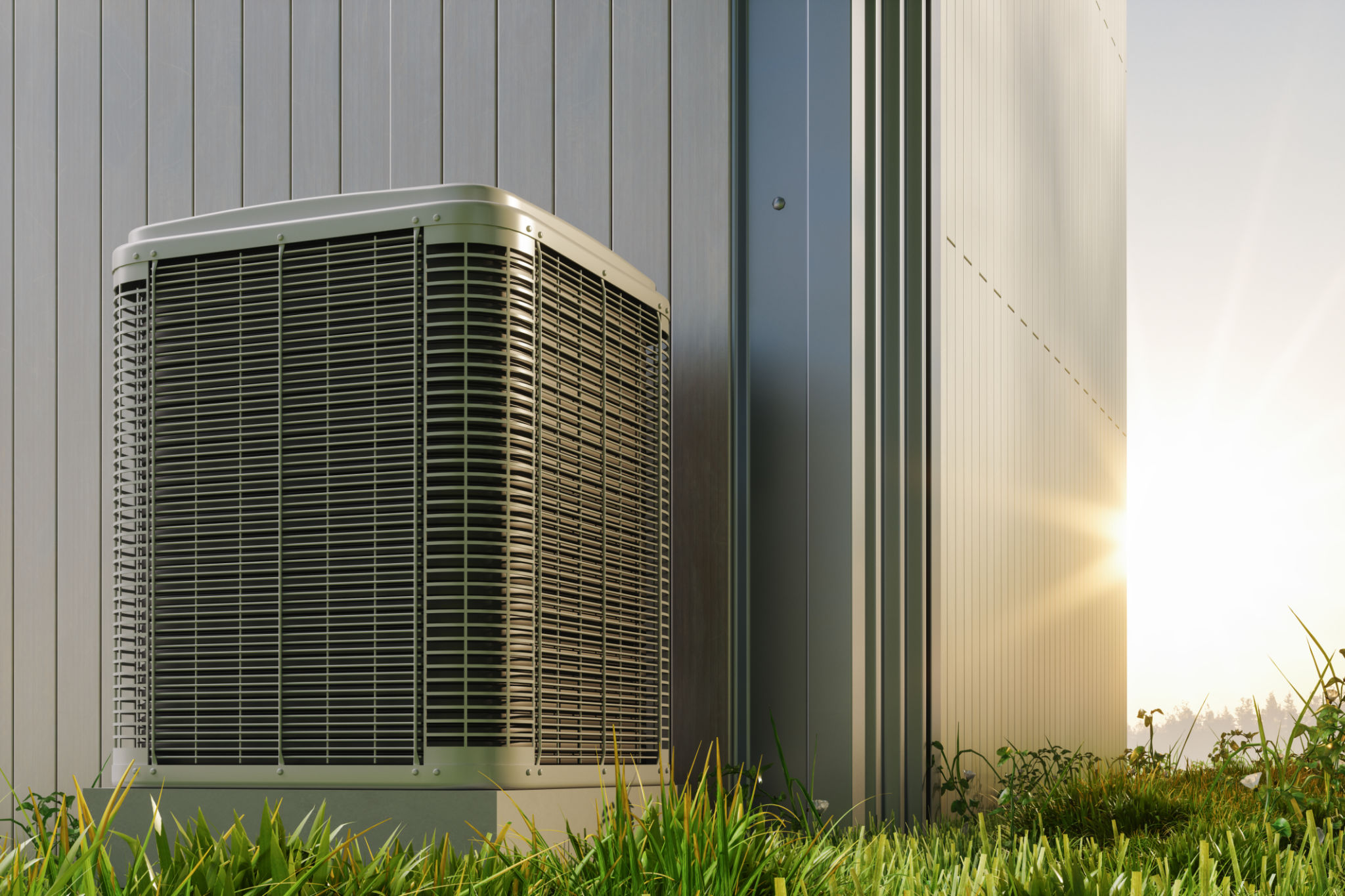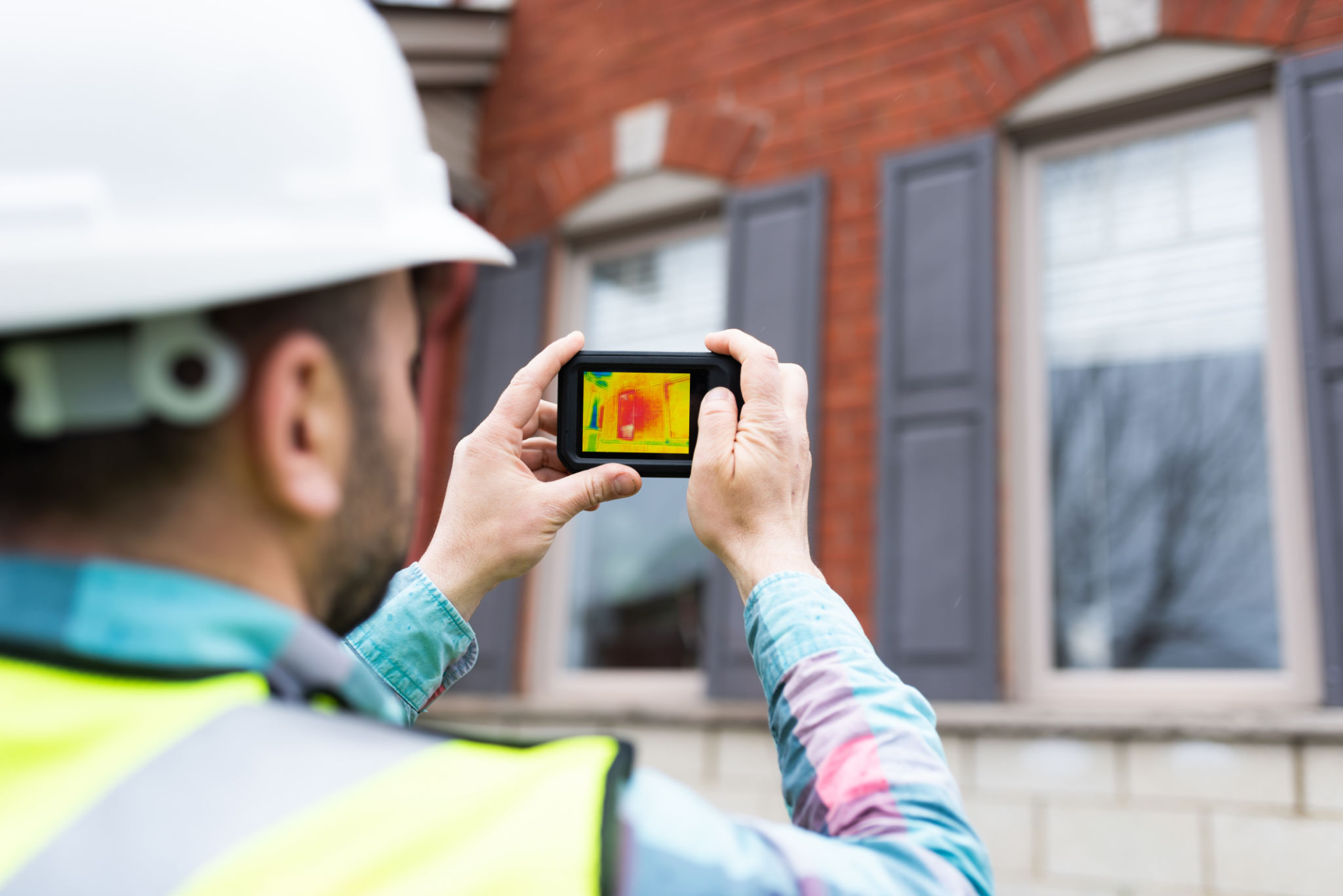Understanding the Differences Between HVAC Systems: A Buyer's Guide for South Carolinians
Introduction to HVAC Systems
As a resident of South Carolina, understanding the nuances of HVAC systems is crucial due to the region's hot summers and mild winters. HVAC systems are essential for maintaining comfort in your home, but with various types available, choosing the right one can be daunting. This guide aims to simplify your decision-making process by outlining the key differences between common HVAC systems.

Types of HVAC Systems
Split Systems
Split systems are among the most common types of HVAC systems. They consist of an outdoor unit, which houses the compressor and condenser, and an indoor unit, which contains the evaporator coil and air handler. These systems are known for their efficiency and reliability, making them a popular choice for many homeowners in South Carolina.
Hybrid Systems
Hybrid systems are similar to split systems but offer the added benefit of an energy-efficient heat pump. This system allows homeowners to switch between electricity and gas power, optimizing energy usage while maintaining comfort. In areas like South Carolina, where temperatures can fluctuate, hybrid systems provide a versatile solution.

Considerations for Choosing an HVAC System
Climate and Environment
The climate in South Carolina plays a significant role in choosing an HVAC system. The state's high humidity levels and hot temperatures during summer months necessitate a system that can handle both cooling and dehumidification efficiently. Additionally, consider investing in a system with a high SEER (Seasonal Energy Efficiency Ratio) rating to ensure optimal performance.
Energy Efficiency
Energy efficiency is a critical factor when selecting an HVAC system. Look for systems that have earned the ENERGY STAR label, as these are designed to be more efficient and can help reduce your monthly utility bills. Additionally, consider the long-term savings associated with higher efficiency systems, which often outweigh the initial investment costs.

Additional Features and Technology
Modern HVAC systems come equipped with advanced features designed to enhance comfort and convenience. Smart thermostats, for example, allow you to control your system remotely and can learn your preferences over time to optimize energy use. Air purification systems integrated into your HVAC system can also improve indoor air quality, reducing allergens and pollutants.
Conclusion
Understanding the differences between various HVAC systems is essential for making an informed purchase that will keep your home comfortable throughout the year. By considering factors such as climate, energy efficiency, and additional features, you can select a system that meets your needs and fits your budget. Take the time to research and consult with professionals to ensure you choose the best HVAC solution for your South Carolina home.
